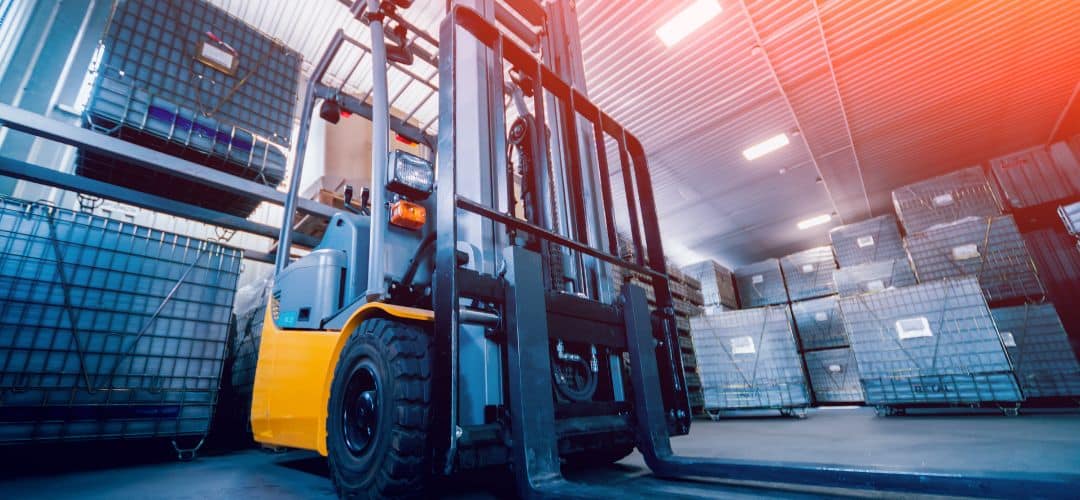
When it comes to scaling operations or managing peak periods, businesses often find themselves in need of additional material-handling equipment like forklifts. However, the question remains – should you invest in purchasing the equipment outright or opt for the flexibility of renting? The answer, as with most business decisions, depends on various factors such as financial considerations, operation scale, frequency of use, and specific business needs. Let’s delve into the pros and cons of both options to ensure you make the right decision.
Buying a Forklift
The most apparent benefit of purchasing a forklift rests in ownership. Once you pay for it, it’s yours. This means you can use it as much or as little as you need without worrying about additional costs. A purchased forklift also translates into an asset, adding value to your business’s net worth.
There’s also a degree of customization that comes with owning a forklift. You can modify your machine to fit your specific needs, something that renting rarely allows. Additionally, businesses may benefit from tax deductions associated with machinery purchases, allowing recovery of a portion of the cost.
However, purchasing a forklift also means taking on the responsibility of maintenance and repairs. These costs can add up over time, especially for heavily used or older equipment. And let’s not forget the capital outlay to purchase, which can be quite significant, particularly for new or specialized models.
Renting a Forklift
Renting from reliable MLA Holdings, on the other hand, doesn’t require a significant upfront investment. This is particularly beneficial for businesses with tight cash flows or those who only need the equipment for a short period or specific projects. Plus, once the rental period is over, you can simply return it, without worrying about selling it or finding storage space.
Renting also gives you the freedom to choose from a variety of models that suit specific tasks, allowing you to always use the latest and most effective machinery. What’s more, maintenance and repair services are usually included in the rental agreement, saving you from unexpected costs and downtime.
Yet, it’s worth remembering that, in the long run, rental costs can exceed the price of purchasing a new forklift, especially if the equipment is frequently used. Additionally, you might not always have the machine available at short notice, which could limit your operational agility.
Evaluating the Total Cost of Ownership
When leaning towards purchasing a forklift, consider the Total Cost of Ownership (TCO). This calculation goes beyond the initial purchase price to include maintenance, repairs, fuel or electricity, and even operator training. It’s essential to budget for these ongoing expenses to ensure a forklift purchase doesn’t become a financial burden over time. Moreover, consider the forklift’s lifespan and how technology improvements might render your equipment obsolete or less efficient compared to newer models. Understanding the TCO will provide a clearer picture of the long-term financial implications of purchasing a forklift.
Assessing Business Fluctuations and Seasonal Needs
For many businesses, workloads aren’t consistent year-round, leading to periods where additional forklifts are necessary to keep up with demand. During peak seasons, renting extra equipment can provide the necessary operational boost without the commitment or cost of a purchase. Assessing your business’s seasonal fluctuations plays a crucial role in determining whether a rental solution could offer the flexibility and scalability you need to efficiently manage peaks and troughs in demand.
The Importance of Modern and Specialized Equipment
The material handling industry is continuously evolving, with new technologies and forklift models designed to increase productivity, safety, and energy efficiency. Renting offers the advantage of accessing the most current models with the latest features, which might be economically impractical through outright purchases. For businesses requiring specialized forklifts for particular materials or environments, renting can also provide the flexibility to choose the most appropriate equipment for the task at hand, without the commitment of a purchase.
Making the Decision: Buy or Rent?
When deciding whether to buy or rent a forklift, businesses need to evaluate their unique circumstances. If your operations require the daily use of forklifts, and you have the necessary capital, buying may be the ideal choice. However, if you need specialized equipment for temporary projects or face cash flow constraints, renting could be the better option.




